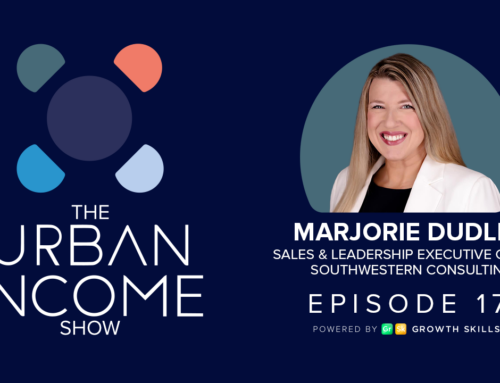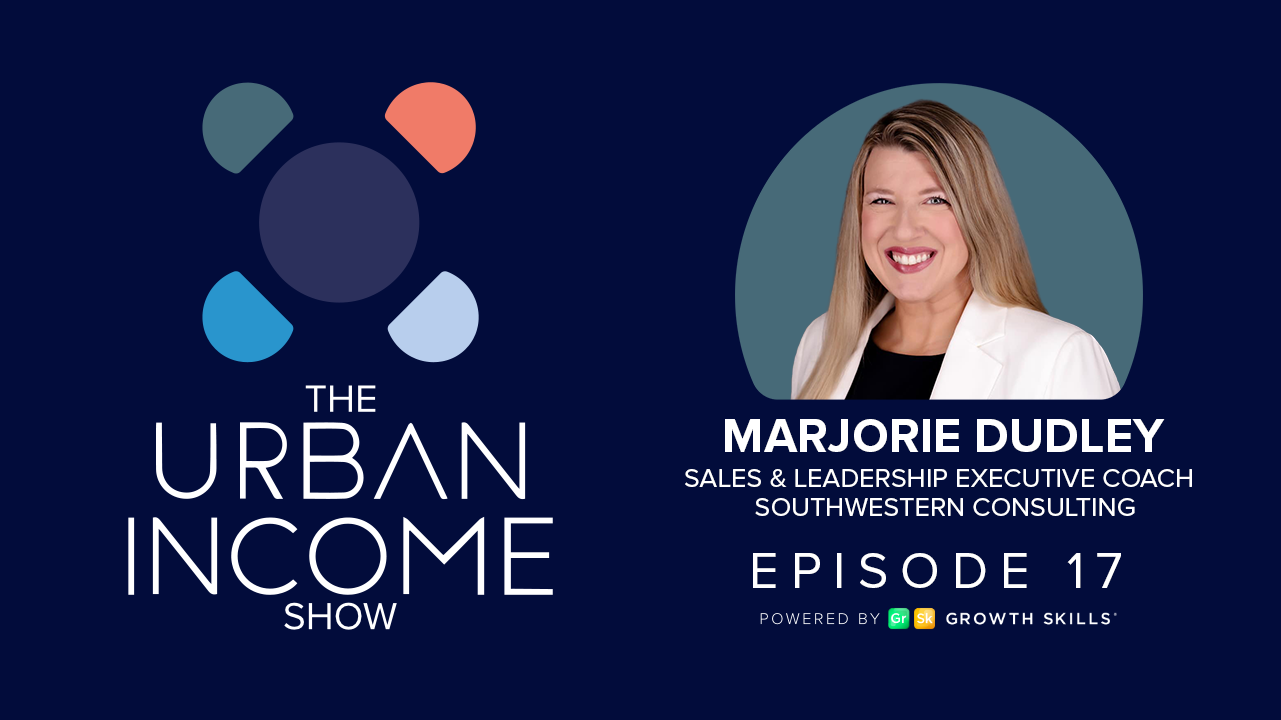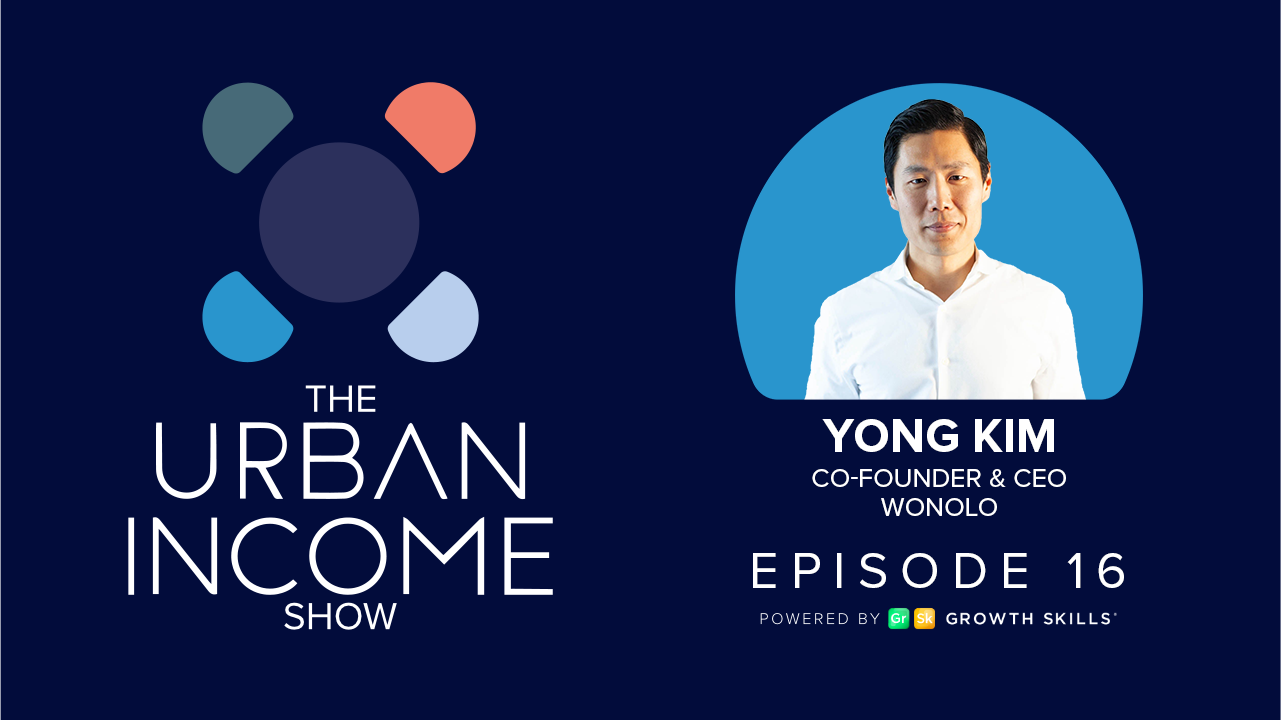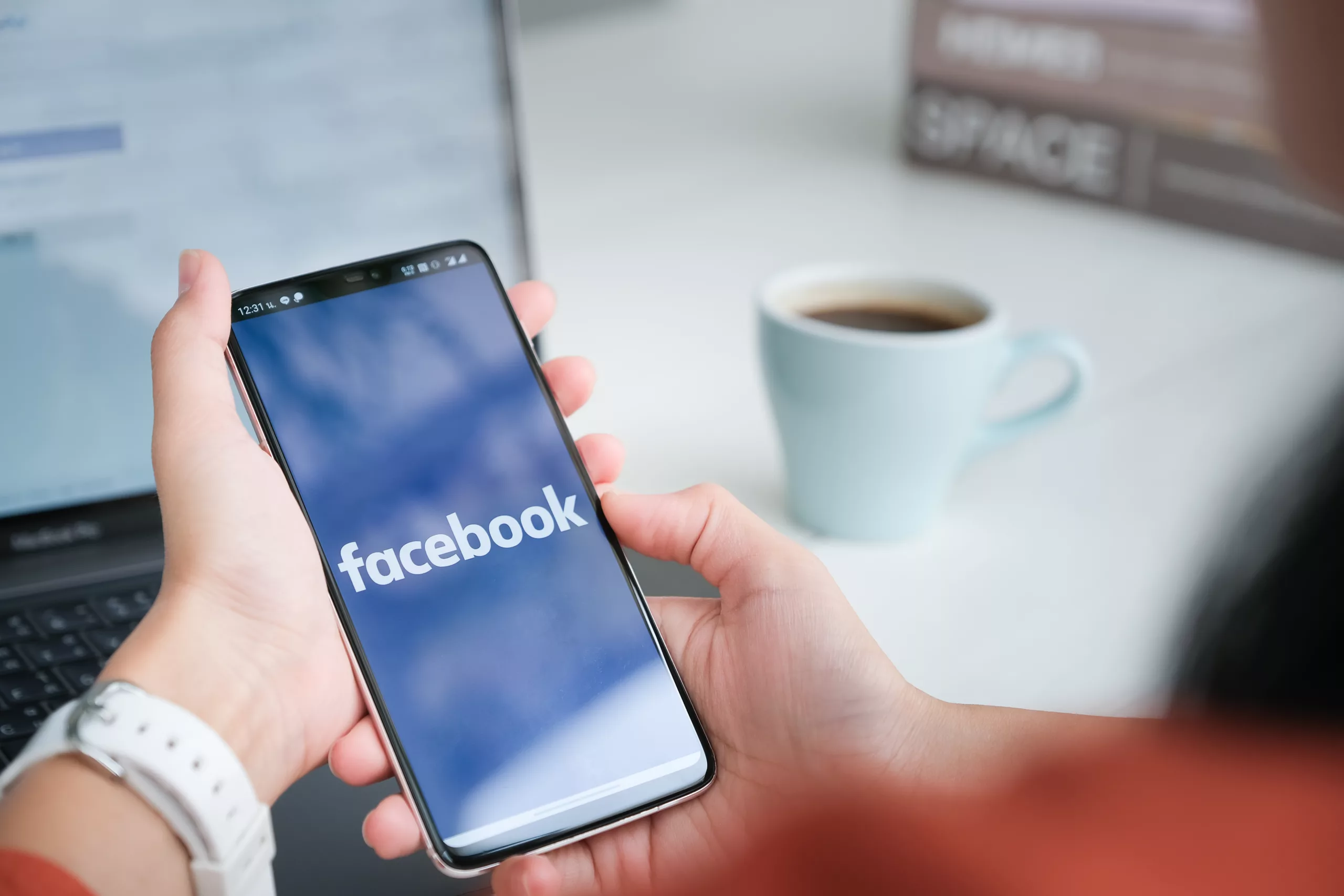Advice & Inspiration from Rahul Sabnis, Chief Creative Officer at iHeartMedia
Urban Income was created to help improve the income and finances of minorities and underserved communities. Getting a job and growing in your career is one of the main ways you can improve your income and finances. In this Leadership Series we interview industry leaders who have built incredible careers at some of the worlds biggest brands. These leaders have used their diversity as an asset to thrive regardless of the systematic obstacles placed in their way.
We kick the series off with Rahul Sabnis the Chief Creative Office at iHeartMedia. Rahul is an incredible human being who thrived in Advertising Agencies before leading creative for iHeartMedia. Below is some advice from Rahul that we hope inspires you to work hard and go for your dreams.
What’s your name and occupation?
Rahul Sabnis, EVP, Chief Creative Officer, iHeartMedia
How have you been able to accomplish all you have in your career and now lead creative at iHeartMedia?
Focusing on a few key things:
- Creative Acumen – You have to be honest with yourself and work on your craft. There are no shortcuts. I spent years working on how to tell stories through media for brands. Because I knew that if and when the opportunity offered itself for me to lead teams, I needed to be as sharp at the craft so they had confidence in my ability to lead them.
- Honest Collaboration – The word “honest” is intentionally added here. To be a modern creative, you can’t do it alone. So collaboration is essential. It’s the price of admission. But you also have to be honest in your communication, not cede opinions and perspectives for compromising and delivering bad solutions. The best collaboration is when everyone at the table brings an honest appreciation of their skills and their desire to get to the best outcome together.
- Patience – I made a conscious decision early on NOT to try to take every promotion or offer that came my way, but to try to make this a career, accepting opportunities as they came and be ready for them when they appear.
- Being Nice – Might sound hokey, but the best advice I give everyone I work with is to be nice. Seriously. The world is hard, and people remember those who make their days a little bit easier. I always use a simple adage, “When people see you coming to a meeting, are they worried you’ll blow things up, or make things better? The answer is all about you.”
Where were you born & what’s your nationality?
Born in Washington DC, and raised in Maryland. I’ve now lived most of my life in New York, so it’s my home. My parents are from Mumbai, India.
Has your nationality and place of birth influenced your work and affected your career?
Absolutely. In the earlier years, being an Indian American was a challenge. While not intentionally, not having role models, or others of my race who have been in the creative vertical in America. So I had to learn everything myself. But that became my strength… by learning everything myself, I truly know the craft. And can lead through that clean-sheet perspective. And my diversity, having a dual perspective contributes to my uniqueness as a creative. It taught me to listen closely, decode ideas carefully, and to know truly why something works. Or when it can’t.
Have you ever experienced racism or micro aggressions during your career? If so, how did you navigate those situations?
Of course, but I’ve come to accept it as a course of human growth. When I was entering the ad industry, Indians in America were doctors and engineers. Scientists. While the stereotype was that Indians were more “analytic”, the reality was that the influx of Indians in the 60’s and 70’s were all science-based. Those were the visas America was accepting. So it slanted the population and created a “label.”
So, for the first decade of my career, I heard plenty of “You’re very strategic for a creative..” type comments. Or “That’s not creative enough…” when my ideas were on par with everyone else. I spent the first half of my career doubting my own instincts and skills.
Fast forward years later, I accept that others won’t accept me because of their own issues, not mine. The proof is in the trust leaders in our industry show in me.
I remain humbled by the journey and wouldn’t have changed a single chapter of it.
What career advice would you give to someone who looks like you?
Don’t use your minority status or perception as a crutch where you accept failure as situational. Always push yourself harder and use your diversity as a gift. You can see what others can’t, so don’t accept their limitations as your own.
And don’t penalize those who help you who are not a minority. We all need allies. A generous heart can come from both sides.
What do you wish you did with your money sooner?
Bought real estate in New York. Outperforms the markets.
What other unique ways have you made money outside of your main career?
I used to freelance more as a side hustle to help smaller business get access to agency-level thinking but at a rate that they could afford. Helped pay for take-out during the leaner years and climb out of debt faster.
What advice would you give someone looking to break into your field?
Talk to more than a few people first. Industries like marketing and advertising are fickle and difficult. On any given day, you can be on the outside looking in, so be ready for the journey by knowing the worst you could encounter. And if you still feel excited, jump two feet in. Meet everyone, practice in your spare time, hone your skills (both in craft and your voice) and push as hard as you can.
And have faith that good things will happen to good and talented people. Even though they want to work with each other, it takes time for the divergent paths to sync… for them to meet each other.
If someone reading this wanted to work with you or become your mentee how would they be able to do so?
I’ve tried taking on mentees in the past and it never worked. Mostly because I’ve found that they don’t need lifelong guidance, just a moment of course correction. I’m pretty generous with my admittedly limited time for those who need advice. I expect them to be specific and prepared. Most of the stuff you learn along the way, it’s when there’s a specific trigger point, and obstacle, where I can be of best service.
So LinkedIn is probably the best place to reach out, but if you’re reaching out for a job or immediate results, don’t bother. I’m here to help you on your journey, not be a short cut to the hard work that is expected of all of us, everyday.
Any last bit of advice you would give your younger self to help you earn more and thrive in your career?
While I’ve said this already, one last thing is a constant reminder that there are no shortcuts. Don’t be in a hurry in life. If you love what you do, do it as much and with as much focus as you can. But be honest with what and where you are along that journey.
I learned more from listening to managers who I did not agree with. Often, they showed me the wrong way to approach a problem. Much of personal leadership style today is the mirror of theirs… The takeaway: You can learn from every situation, good or bad, if you’re open to learning the lessons without personal bias.








